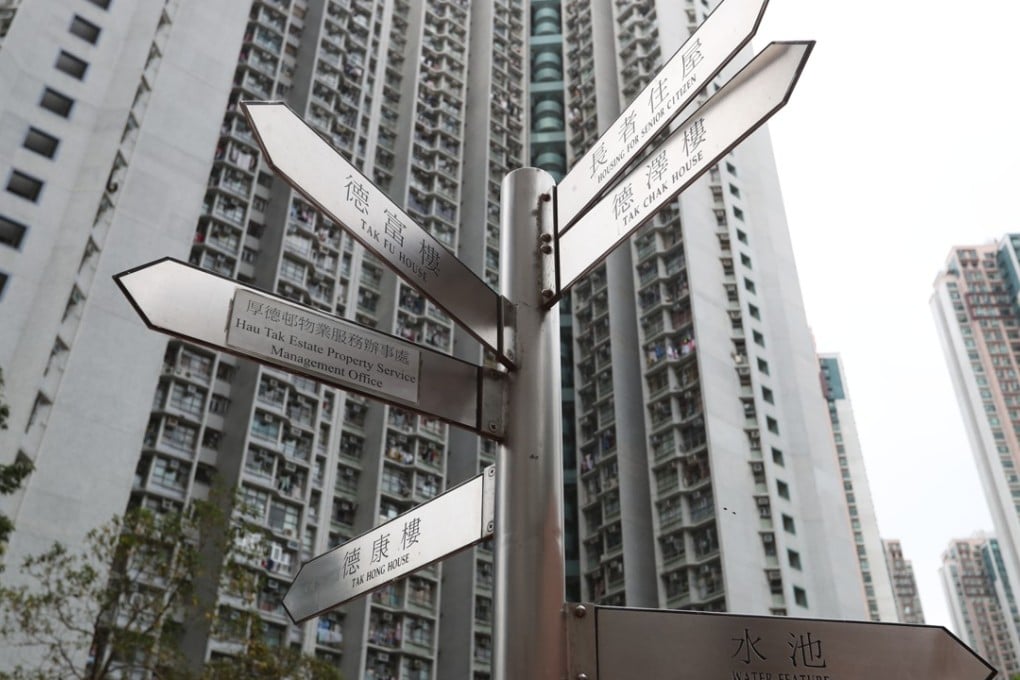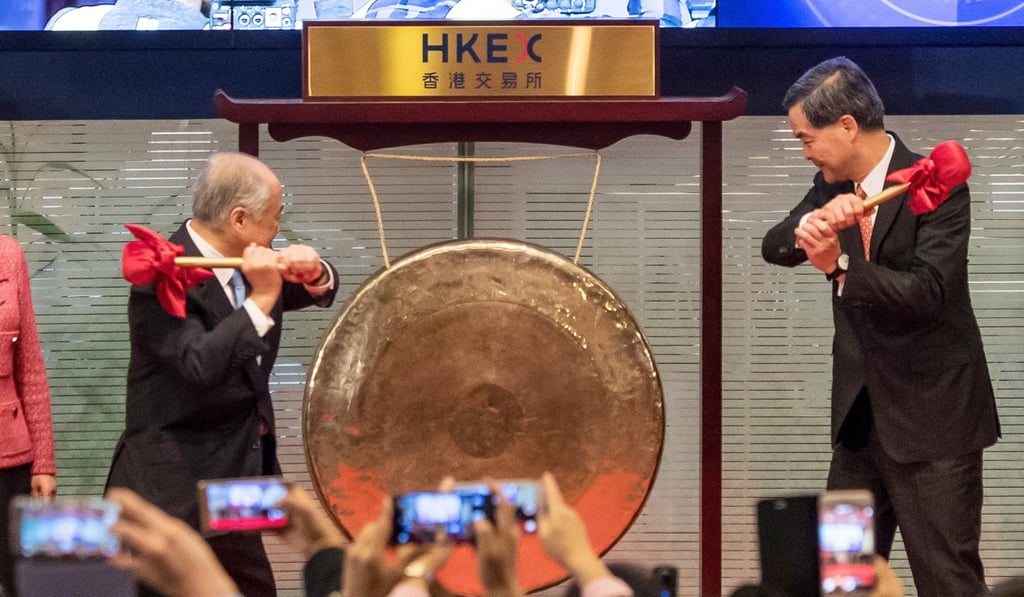Concrete Analysis | Hong Kong property market continues to follow a path of growth in 20 years since handover

Twenty years after the Handover, Hong Kong’s real estate market continues to follow a path of growth, driven primarily by policies which have fostered closer economic ties between Hong Kong and mainland China.
Hong Kong’s economic platform and infrastructure has significantly strengthened since 1997. Cross-border economic activities have been encouraged by policies including the closer economic partnership arrangement and the Stock Connect platform, which joins the bourses of Hong Kong with those in Shanghai and Shenzhen. Hong Kong is also the first and largest offshore renminbi investment hub, offering a wide range of renminbi financial products ranging from loans, bonds, real estate investment trusts to currency futures.

These newly-listed firms and their mainland-based sponsors need office space in Hong Kong, which has increased demand for Grade A offices in prime locations, diminishing supply further.
Since 1997, the number of Chinese firms in Hong Kong has almost tripled while an additional 3,700 foreign firms have registered and operate in the city.

Clearly, Hong Kong has retained its status as a major business hub. It has also become an increasingly popular headquarters location. Over the past 20 years, more than 476 companies have established their regional headquarters in Hong Kong, translating into one new headquarter every two weeks.
